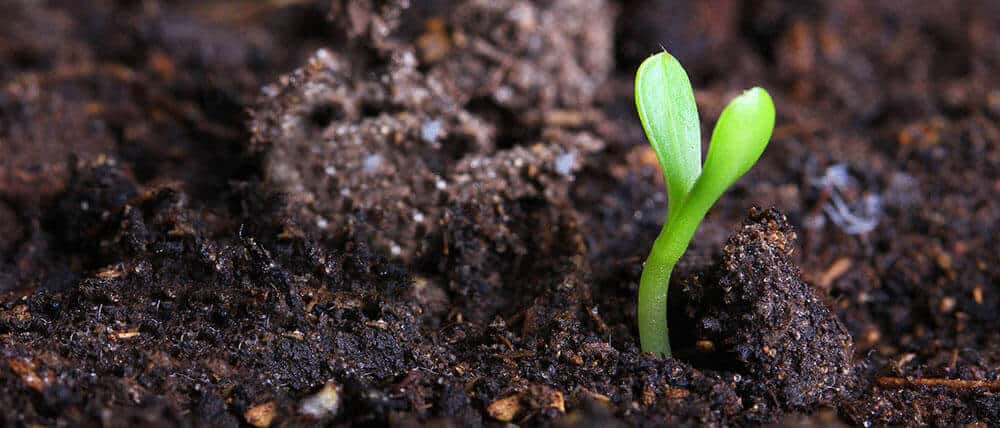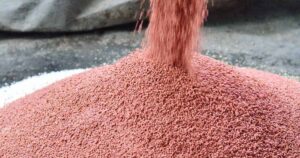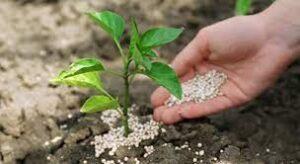What are Fertilizers?
Fertilizers are chemical substances supplied to the crops to increase their productivity. These are used by the farmers daily to increase the crop yield. The fertilizers contain the essential nutrients required by the plants, including nitrogen, potassium, and phosphorus. They enhance the water retention capacity of the soil and also increase its fertility.

Types of Fertilizers:
Inorganic Fertilizers
Inorganic fertilizers are chemical fertilizers that contain nutrient elements for the growth of crops made by chemical means. The inorganic fertilizers are of the following types:
Nitrogen Fertilizers
Nitrogen fertilizers contain nitrogen necessary for the development of crops. Nitrogen is the main constituent of chlorophyll that maintains a balance in the process of photosynthesis. It is also a part of amino acids in plants and constitutes protein. Nitrogen fertilizers improve the production and quality of agricultural products.
Phosphorus Fertilizer

The main nutrient in a phosphorus fertilizer is phosphorus. The efficiency of fertilizer depends upon effective phosphorus content, methods of fertilizing, properties of soil and crop strains. Phosphorus found in the protoplasm of the cell plays an important role in cell growth and proliferation. The phosphorus fertilizer is beneficial for the growth of roots of the plants.
Organic Fertilizers
Organic fertilizers are natural fertilizers obtained from plants and animals. It enriches the soil with carbonic compounds essential for plant growth. Organic fertilizers increase the organic matter content of the soil, promotes the reproduction of microorganisms, and changes the physical and chemical properties of the soil. It is considered to be one of the main nutrients for green food.
Organic fertilizers can be obtained from the following products:
-
Agricultural Waste
-
Livestock Manure
-
Industrial Waste
-
Municipal Sludge



